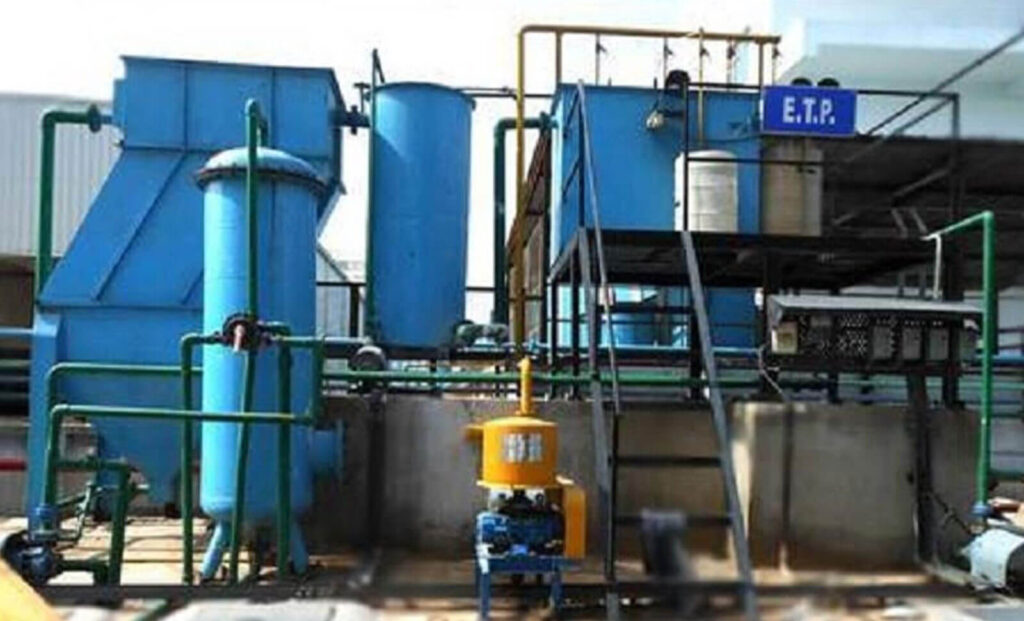How do the ETP Machine Work and Its Importance for the Industry

An ETP Machine is a facility designed to treat industrial wastewater, also known as effluent, before it is discharged into the environment.
Here’s a general overview of how the ETP Machine process works and its importance for the industry:
Effluent Treatment Plant Process:
Collection of Effluent:
The first step involves collecting the wastewater generated from various industrial processes.
Screening:
Large solids and debris are removing through screening processes to prevent damage to pumps and other equipment.
Equalization:
Effluent flow and composition can vary. Equalization tanks help to homogenize the wastewater by providing a constant flow and composition to the subsequent treatment stages.
Physical Treatment:
Physical treatment methods include processes like sedimentation or flotation to separate suspended solids from the water.
Chemical Treatment:
Chemicals are often adding to facilitate the coagulation and flocculation of suspended particles. This aids in their precipitation and removal.
Biological Treatment:
Biological processes, such as activated sludge or biofilters, involve the use of microorganisms to break down organic pollutants in the water.
Secondary Clarification:
This step separates the treated water from the biological sludge, allowing clean water to be further processing or discharging.
Tertiary Treatment (if required):
Additional treatment steps, such as filtration or advanced oxidation processes, may be employing for further polishing of the effluent.
Discharge or Reuse:
The treated water can be discharging into water bodies or, in some cases, reused within the industrial process.
Importance for the Industry:
Environmental Compliance:
ETPs help industries comply with environmental regulations by treating wastewater before discharge, ensuring that it meets required quality standards.
Resource Conservation:
Reusing treated water within the industry reduces the demand for freshwater resources, contributing to sustainable water management.
Public Health and Safety:
Proper treatment of industrial effluent protects public health and the environment by preventing the release of harmful pollutants into water bodies.
Cost Savings:
Efficient ETP operation can result in cost savings by minimizing environmental fines, reducing water consumption, and optimizing the use of chemicals.
Corporate Social Responsibility (CSR):
Implementing effective effluent treatment aligns with corporate social responsibility goals, demonstrating a commitment to environmental stewardship.
In Conclusion
ETPs play a crucial role in mitigating the environmental impact of industrial activities, ensuring responsible water management, and supporting sustainable development.
ETP Machine and ETP Plant are critical components of modern industrial operations that contribute significantly to minimizing pollution risks associated with wastewater discharge while promoting sustainable development goals. It’s time for industries across sectors to embrace this essential process fully!